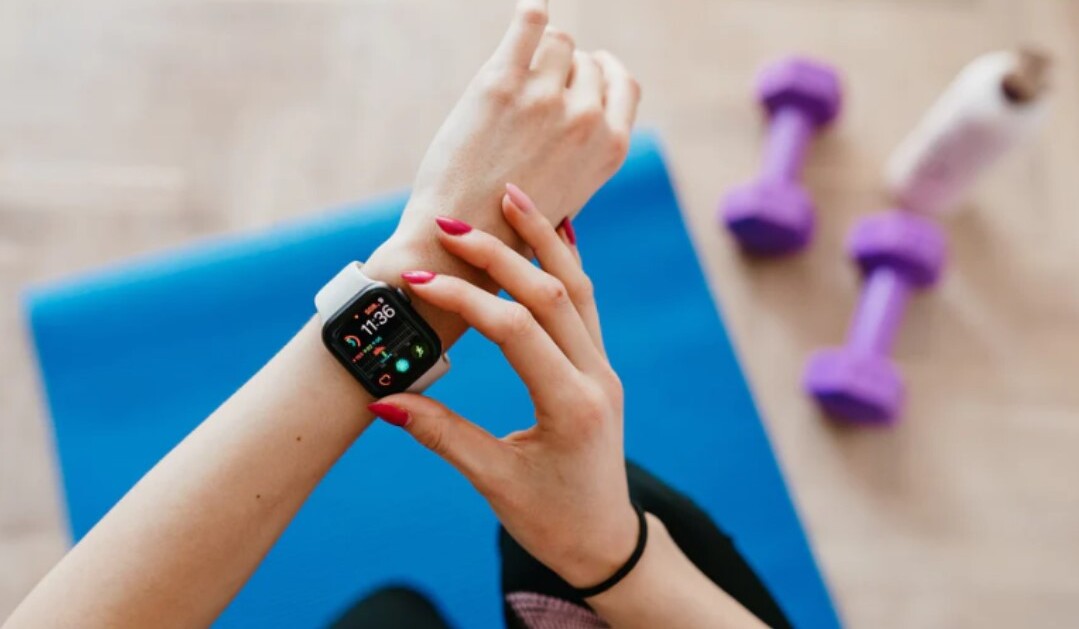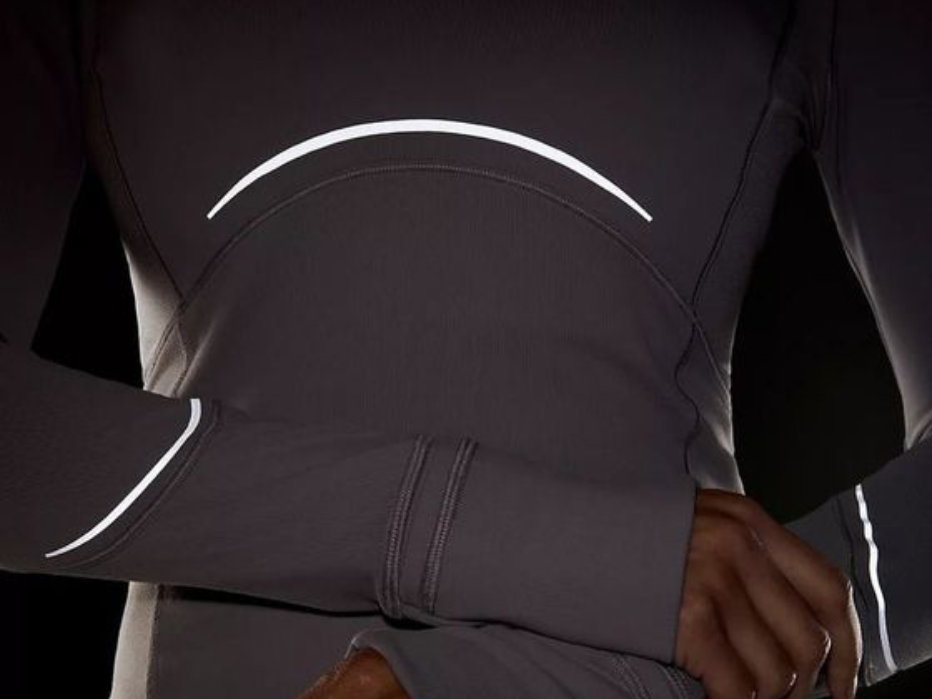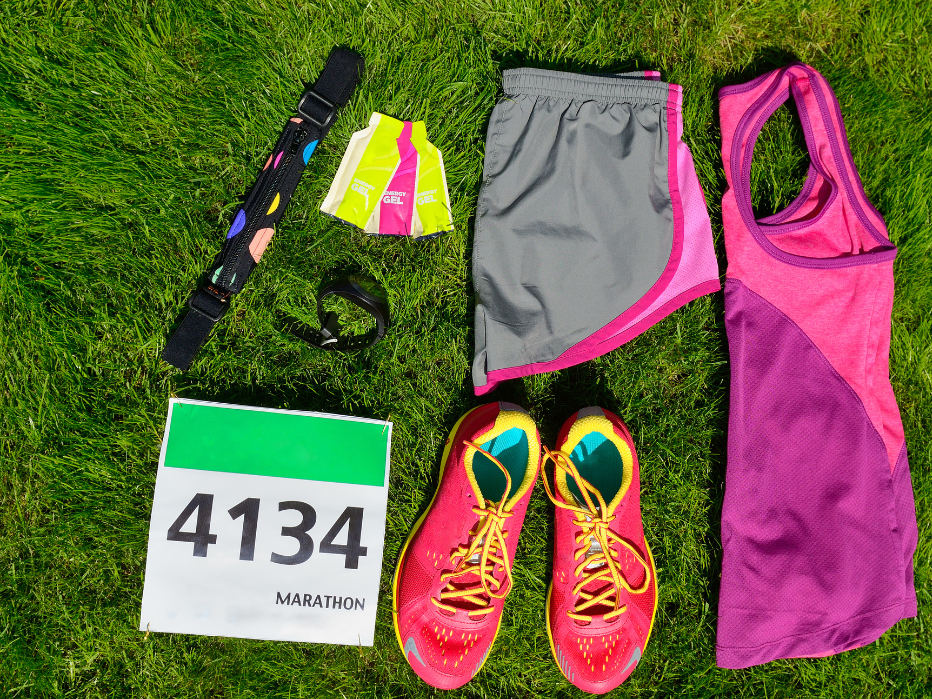Fitness Tracker: The New Age
Date
Duration
3 min read

Wearable technology, led by firms like FitBit, Apple, and Jawbone, has risen in popularity as a result of the recent increase in health awareness. As wearable fitness trackers become more popular, we wonder if they are genuinely good for your health.
Quick Fact: Apple Watch had 100 million users in 2020. Fitbit has 85 million registered users in 2021.
How Fitness Trackers Work
Fitness trackers, also known as activity trackers, have been around for a few years. These gadgets, which are usually worn on the wrist, maintain track of a variety of important motions. They count the number of steps a person takes, similar to a pedometer, and many of today's devices also track distance travelled.
![]()
Wearables can also monitor the following health parameters:
- heart rate
- blood pressure
- blood oxygen levels
- count calories
- record sleep
The data from the trackers can be sent to a smartphone or computer, allowing users to keep track of and monitor their fitness progress.
My phone has apps for fitness. Should I buy fitness wearables?
Use 1, Smartphone Recommended: If you're just looking for a fitness band to track your steps, your smartphone can do the job just as well, so you're probably better off saving your money.
Use 2, Wearable Recommended: Because your smartphone can't continuously record your heart rate, it won't track the number of calories burned, but a wearable can keep a track of calories burnt. Fitness wearables are also beneficial for other purposes, such as accurate sleep tracking, tracking swimming workouts, and automatic workout detection.
Is it a Motivating factor?
Fitness trackers can help people become more aware of their overall health and serve as motivators for physical activity and exercise. Many fitness trackers employ daily and weekly 'goals' to drive positive behaviour change, whether it's through steps, workouts, or sleep hours.
Are Fitness Trackers Bad For Your Mental Health?
The potential detrimental impacts of fitness trackers on an individual's mental health were investigated in a recent study from the University of Copenhagen:
- They concluded that activity data from wearable devices can lead to higher degrees of uncertainty, fear, and anxiety, as well as obsessive and dependent behaviours.
- This study was found to be especially true for heart patients. Many of the goals set by these devices are unrealistic for clinical populations, and as a result, when patients fail to meet these goals, they experience feelings of guilt and shame.
- Similarly, outside of a clinical setting, the ability to completely comprehend the numerical data offered by fitness trackers is limited, and many users interpret their data erroneously, causing undue anxiety. They may, for example, on a day associate a quicker heart rate with a greater risk of heart attack, leading to heightened anxiety and worry as they believe their health is deteriorating.
- Many people who consider themselves to be 'fit and healthy' claim to have developed an obsession with their step counts in particular, to the point where it has become reliant and compulsive. Accounts of people rushing up and down their stairs just before midnight to meet their daily goal raise concerns about the obsessive behaviours that these products promote.
Study: https://www.nature.com/articles/s41591-020-1012-3
Wearable using discipline that can be followed:
- Exercise is a rejuvenating activity; make it a two-hour daily habit rather than an obsessive behaviour reliant on a wearable device all of the time.
- Not a wearable heart tracker, but a cardiologist should be consulted about your heart health.
- Be content and joyful no matter how many steps you take in a day if you don't accomplish your "daily steps goal."
- Allow youngsters up to the age of 18 to enjoy their golden years of health, building up their bodies for a lifetime through a variety of physical activities; not depending on wearables.
- Don't quit performing sports or dancing for your fitness, amid the fad of a fitness wearable, if you're between the ages of 18 and 65.
![]()
What to look at when buying a fitness wearable?
- Comfort of strap
- Display under sun
- Notifications from phone
- Step tracking
- Heart rate monitoring
- GPS
- Waterproofing
- Long battery life






